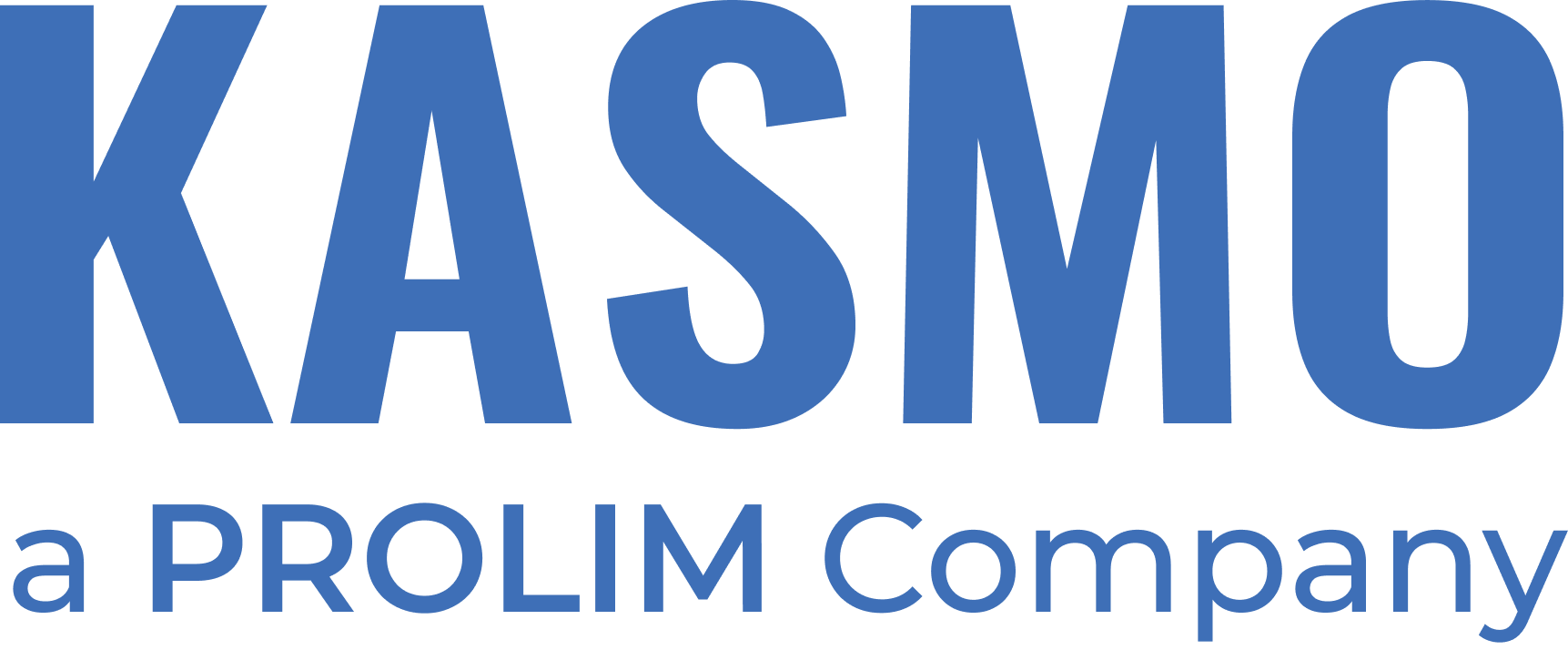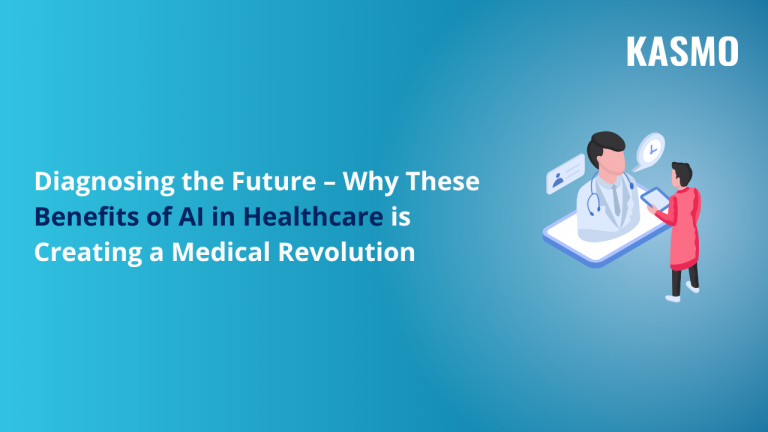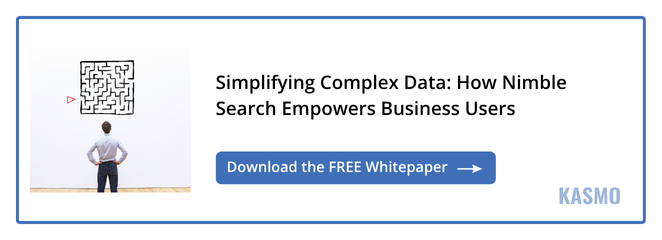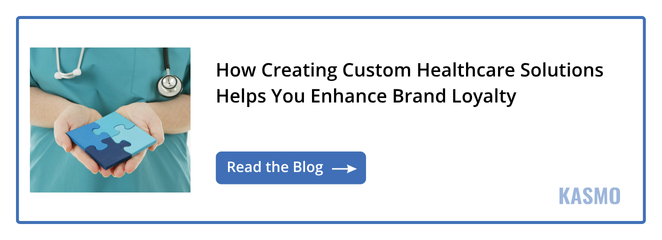Introduction
“According to a global survey conducted in 2024, 79 percent of respondents in the medical technology sector had partially employed artificial intelligence in research and development.”
Artificial Intelligence (AI) is revolutionizing the healthcare industry, offering unprecedented opportunities to enhance patient care, streamline medical procedures, and reduce operational costs. By leveraging the benefits of AI in healthcare, companies have significantly improved early diagnostics and personalized treatments. With AI, managing population health and accelerating drug discovery are now easy.
As companies move towards a more data-driven healthcare ecosystem, they are ready to leverage technologies like machine learning (ML), natural language processing (NLP), and AI-powered tools and applications. However, the healthcare industry has a long way to go if it wants to harness these new age technologies.
There are several challenges healthcare organizations face while leveraging AI or AI-powered tools. The number one reason for these challenges – fragmented data. Many healthcare companies lack the necessary data architecture and storage systems to consolidate and manage huge volumes of incremental and historical data. Issues such as data interoperability, cybersecurity threats, and rising operational costs continue to hinder digital transformation for these organizations.
In this blog, we’ll explore how AI is shaping the future of healthcare, discuss the challenges the industry faces, and uncover how Snowflake is helping healthcare providers overcome these barriers and fully leverage the benefits of AI.
How Leveraging the Benefits of AI in Healthcare is Transforming Its Future

Source: MarketsandMarkets
AI is reshaping the healthcare industry in remarkable ways, making care delivery more proactive, personalized, and efficient.
Let’s look at these 10 benefits of artificial intelligence in healthcare:
Revolutionizing Early Screening and Diagnostics
By leveraging AI, medical professionals can now conduct early screenings and diagnostics. Previously, screenings for medical conditions like cancer or cardiovascular diseases depended heavily on in-person visits and manual analysis. Now, AI-powered tools allow healthcare systems to utilize untapped patient data for risk assessments and early interventions. AI empowers medical professionals to identify asymptomatic individuals (a person affected by a condition but producing or showing no symptoms of it) who may be at risk and guide them through preventive care pathways before serious symptoms arise.
Accelerating Diagnosis with AI-Powered Imaging and Data Analysis
AI algorithms can now analyze medical images and patient records at unprecedented speeds, significantly reducing the time it takes to reach a diagnosis. For example, a healthcare provider – “A”, can leverage machine learning to create a brain hemorrhage detection model that reduces decision-making time from days to mere seconds.
Enhancing Treatment Plans Through Predictive Analytics
AI is optimizing treatments as well. Through continuous monitoring of treatment plans, virtual nursing assistants, and predictive models, AI enables healthcare employees to tailor therapies more effectively. It can analyze electronic health records (EHRs) to predict patient responses to chemotherapy or flag potential complications in near real-time, ensuring quicker recovery and improved health outcomes.
Boosting Operational Efficiency in Healthcare
Among the many benefits of AI in healthcare, improved operational efficiency stands out the best. Healthcare organizations are using intelligent forecasting models to predict bed availability, outpatient visits, and analyzing risks of patients by having a comprehensive overview of patient history. This not only improves care planning but also reduces unnecessary expenses. AI-driven virtual assistants are being used to handle patient queries, automate workflows, and maintain 24/7 support without overwhelming human staff.
Driving Personalized Care with Predictive Models
Personalization is crucial even in the healthcare industry. Machine learning models trained on patient history and population health data can now predict the percentage of patients more likely to be readmitted or develop chronic conditions. This allows healthcare systems to shift from reactive to preventive models of providing patient care.
Improving Patient Communication and Experience
Beyond clinical applications, AI is also improving patients’ experience. A study found that 83% of patients reported poor communication as a major issue in their healthcare journey. AI tools, such as NLP and speech recognition, help providers convey clearer, more personalized information. This supports informed decision-making and helps healthcare organizations build stronger patient relationships.
Accelerating Drug Discovery and Medical Research
AI also plays a vital role in research and drug development. High-fidelity molecular simulations (aimed at creating the most accurate and realistic representation of molecular systems and their behavior possible) and AI models can predict the toxicity of drug compounds, reducing the need for costly physical testing.
Streamlining Clinical Documentation
AI is taking over documentation, which frees up time for healthcare professionals to focus more on patients’ health rather than on administrative tasks. Through natural language processing (NLP) and speech recognition, AI tools can transcribe doctor-patient interactions in near real time, reducing the need for healthcare professionals to transcribe the conversations. With AI-enabled clinical documentation assistants, healthcare providers can improve the accuracy of medical records, reduce duplicate entries, and accelerate the billing process—all while maintaining compliance with healthcare standards.
Enabling Real-Time Remote Patient Monitoring
Remote patient monitoring (RPM) is now a thing of the present. It may sound futuristic, but by integrating AI with IoT devices like smartwatches, getting an individual’s medical history is easy. These AI-powered systems can detect anomalies and alert patients to take medications in near real-time. In case of severe physical injuries, medical professionals can gather data from these AI-powered systems and swiftly make decisions, preventing any major fatalities. Predictive algorithms help providers intervene proactively, alerting different healthcare teams before issues escalate. This leads to better disease control, more personalized care plans, and lower healthcare costs over time.
Improving Medical Imaging Accuracy and Speed
Adding to the benefits of AI in healthcare is accurate medical imaging. It enhances both accuracy and speed in radiology departments. Machine learning algorithms can process thousands of radiographic images, such as X-rays, MRIs, and CT scans, within seconds, highlighting areas of concern for human radiologists to review. This assists medical professionals in the early identification of diseases such as cancer, stroke, or fractures, reducing diagnostic errors and speeding up decision-making. Additionally, AI helps prioritize urgent cases by automatically flagging abnormal scans, ensuring timely attention for critical patients.
Challenges Faced by the Healthcare Industry Hindering Faster AI Adoption
Despite its immense potential, the healthcare industry is grappling with significant challenges that can hinder the adoption of AI. One of the most pressing concerns is cybersecurity. Healthcare providers hold vast amounts of sensitive data, making them prime targets for cyberattacks. Along with challenges related to cybersecurity, here are some more challenges faced by the healthcare industry:

How Snowflake Solves These Challenges and Helps Leverage the Benefits of AI in Healthcare
If your healthcare organization is struggling to adopt AI and eliminate complex industry challenges, then Snowflake AI Data Cloud platform is your best solution. With its unique features and robust warehouse capabilities, it not only helps your organization leverage the benefits of AI but also helps in adopting AI-powered tools and applications into regular business operations. How? Let’s find out!
Provides Unified Platform
Snowflake offers a unified data platform that eliminates data silos by integrating different types of data from diverse data sources. Whether it’s patients’ medical history reports, lab results, billing data, etc., Snowflake allows providers to consolidate and integrate all data types securely across cloud environments. This facilitates better decision-making, more comprehensive patient profiles, and seamless collaboration.
Facilitates Interoperability
Snowflake is popular for its interoperability. It provides an agile ecosystem where healthcare data can be gathered and shared securely without breaking any compliance. This data cloud platform ensures that organizations adhere to data governance, security, and compliance.
Provides Real-time Data Access
By leveraging Snowflake, healthcare professionals can get real-time data access. They can retrieve and share patient data within their organization instantaneously. This capability enhances faster response times, enabling healthcare professionals to take necessary steps without compromising their patients’ health. For instance, during a pandemic or emergency scenario, real-time insights into bed availability, staffing, and patient inflow are crucial.
Facilitates Accurate Forecasting
With Snowflake, healthcare organizations can monitor and forecast equipment demand, streamline equipment procurement, and manage risks more proactively. By integrating logistics data with patient care data, healthcare systems can better anticipate supply needs and avoid bottlenecks.
Facilitates AI Integration
Snowflake enables organizations to leverage the benefits of AI in healthcare. You can utilize the full potential of AI only if you have unfragmented data. As Snowflake maintains data integrity while combining and storing data from diverse sources, you can utilize this data and program AI/ML models to function accordingly. The platform supports advanced AI/ML models and applications, which makes it possible for healthcare organizations to develop predictive models for detecting disease progression and planning personalized treatment plans.
Conclusion
Understanding how you can leverage the benefits of AI in healthcare can help you transform how patient care is delivered, diagnosed, and managed. From early disease detection and predictive analytics to personalized treatments and operational efficiency, AI offers immense value. However, to truly harness these benefits, organizations must overcome challenges like data silos, cybersecurity threats, fragmented systems, and legacy architectures.
Snowflake AI Data Cloud platform is vital for healthcare organizations wanting to implement AI and AI-powered tools to enhance patient care, improve personalization, and upgrade their data security. By offering a unified, interoperable, and AI-ready data infrastructure, Snowflake equips healthcare organizations to tackle challenges and adhere to data regulations and compliance. It ensures secure, real-time access to data, enabling seamless data sharing and collaboration between care providers, stakeholders, and researchers.






